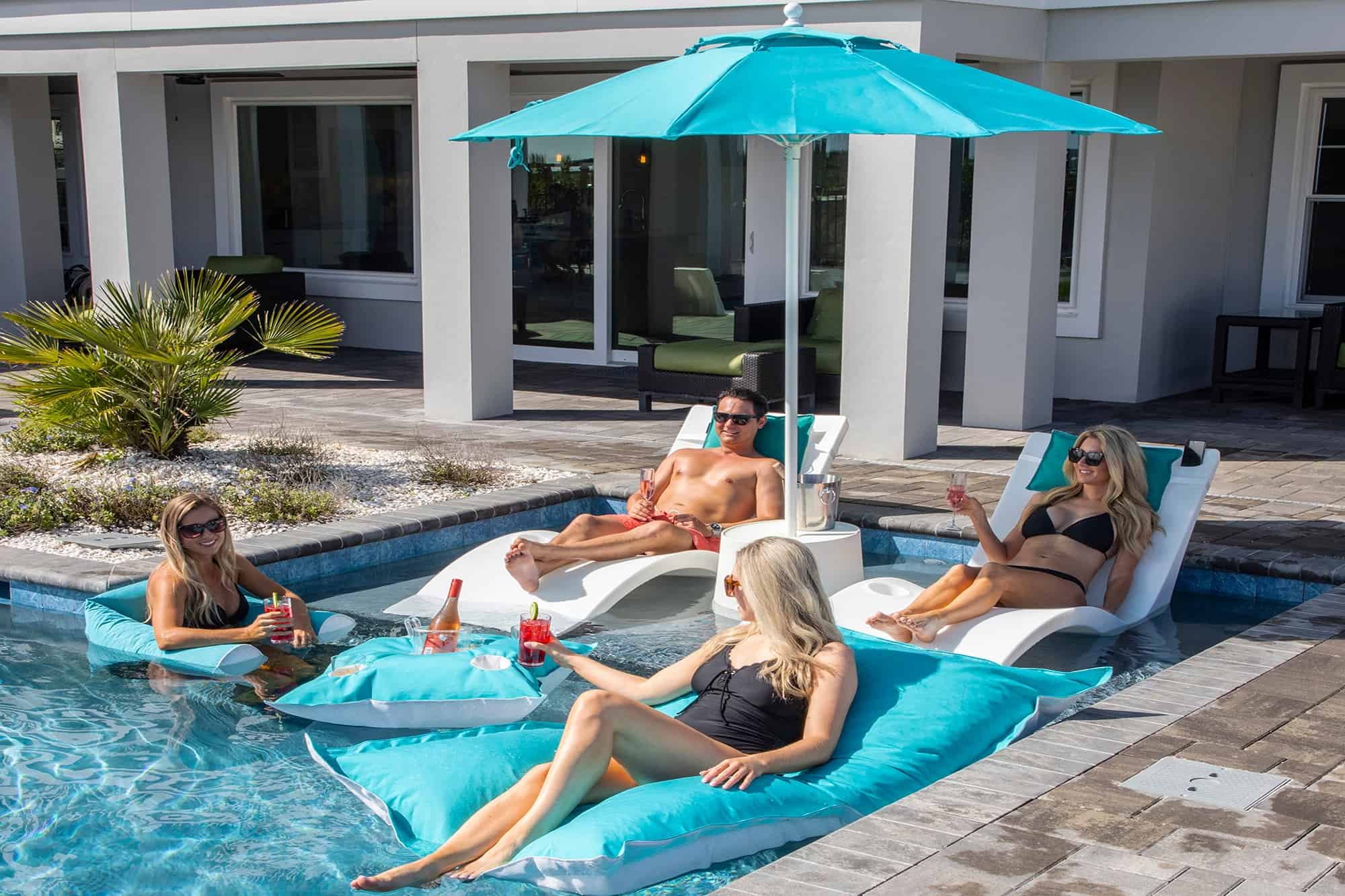
How cool is your pool? when the mercury rises and the summer sun beats down, there’s nothing quite like taking a dip in a cool and refreshing swimming pool to beat the heat. However, what do you do when your pool water becomes uncomfortably warm? After all, nobody wants to soak in a scorching 90-degree pool—that’s what hot tubs are for!
An overheated swimming pool is more than just a summer bummer; it can become a maintenance headache and a breeding ground for bacteria and algae. But fret not! If you’re seeking relief from the sweltering temperatures in your pool, a pool water chiller might just be the solution. If you’re new to the world of pool chillers or unsure if it’s the right choice for your swimming pool, this article will take you on a refreshing deep dive into the subject.
As the name suggests, a pool chiller is a device designed to cool down the water in your swimming pool by extracting excess heat, leaving you with pleasantly cool and refreshing water. You can acquire a pool chiller as a standalone unit or opt for a swimming pool heat pump that offers a dual function with an optional chilling feature or reversal switch to heat your pool during winter. Pool chillers come in various sizes and price ranges, ensuring that you can find an option that suits both your pool’s needs and your budget.
A combo unit with a variable-speed motor can help you save energy, water, and chemicals simultaneously. Variable-speed motors conserve power when you’re only filtering the water, while the cool water from the chiller reduces evaporation and enhances the efficiency of your pool chemicals.
The most obvious reason to invest in a pool chiller is to enhance your comfort. A reliable chiller can transform your pool water from uncomfortably hot to just right.
While there’s no definitive “magic number” for the perfect swimming pool water temperature, most pool professionals agree that the ideal range falls between 78- and 84-degrees Fahrenheit.
However, the benefits of maintaining the right pool temperature go beyond comfort. Here are a few more reasons why regulating your pool’s temperature is advantageous:
A pool chiller is not the only solution for combating high temperatures in your swimming pool. Here are a few additional measures you can take to cool things off: